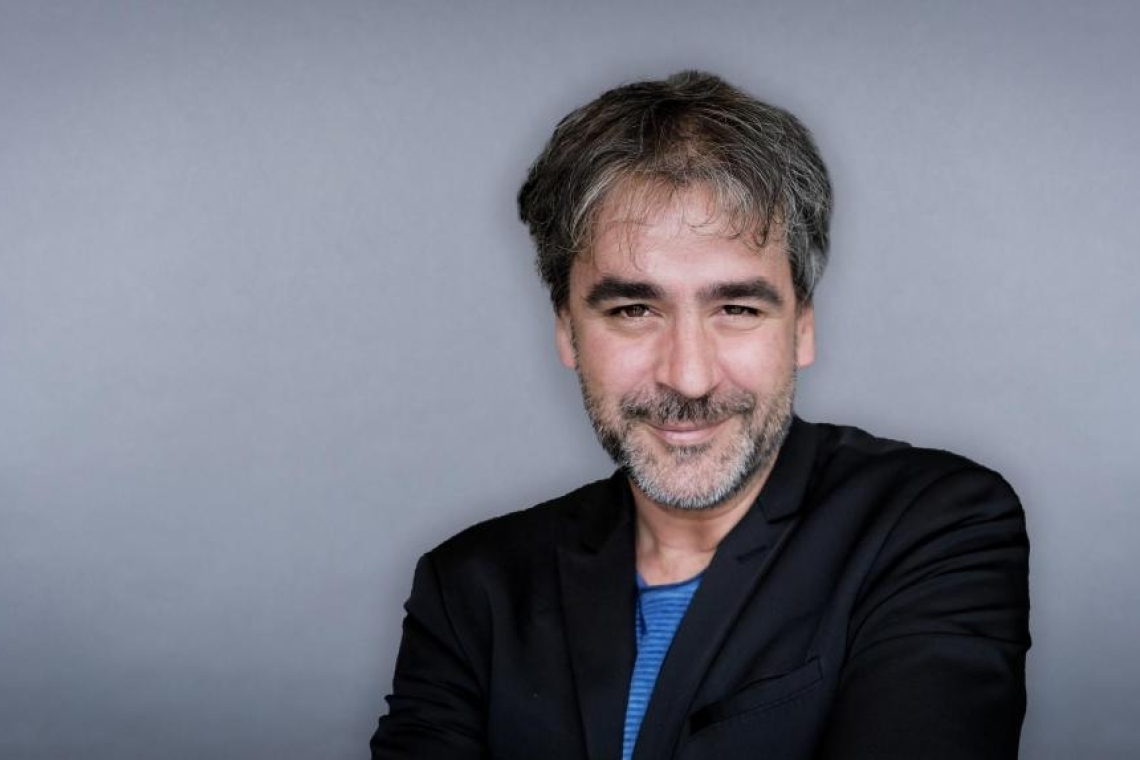Rabia Çetin
The 10th hearing in the trial of journalist Deniz Yücel, who is charged with "insulting the Turkish Nation and state institutions" under Article 301 of the Turkish Penal Code, was held at the Istanbul 2nd Criminal Court of First Instance. The Media and Law Studies Association (MLSA) is providing legal defense for Yücel.
Following the hearing, the court decided to request information from the Presidency’s Administrative Affairs Directorate regarding a separate case against Yücel for allegedly "insulting the president." This case was previously merged with the ongoing trial. The court also ordered an investigation into whether the complainant in the case had any requests or motions to join the proceedings. Furthermore, the judge ruled to maintain the enforcement of the arrest warrant issued against Yücel. The trial was adjourned until July 1 at 11:50 a.m.
Background on the case
Deniz Yücel, a Turkish-German journalist, was previously sentenced to 2 years and 9 months in prison by the Istanbul 32nd High Criminal Court on July 16, 2020, for "spreading propaganda for a terrorist organization." During the sentencing, the court cited two articles Yücel had published in October 2016 as evidence and ruled for additional charges under Article 301 of the Penal Code for "publicly insulting the Turkish Republic, its government, judicial bodies, and law enforcement agencies."
The court also initiated a separate complaint against Yücel under the charge of "insulting the president," based on another article he published on November 6, 2016, which featured a photo of President Recep Tayyip Erdoğan accompanied by the headline "coup plotter."
On June 14, 2021, the Istanbul 2nd Criminal Court of First Instance decided to merge the "insulting the president" case with the ongoing trial under Article 301, in which Yücel is also accused of "publicly insulting the Turkish Nation, the Turkish Republic, the Grand National Assembly of Turkey, the Turkish government, and the judiciary."
Yücel, a former correspondent for the German newspaper Die Welt, has faced several legal challenges in Turkey due to his reporting, which has often been critical of the Turkish government. His legal troubles have drawn significant international attention, particularly given his dual Turkish-German citizenship and his past detention in Turkey.



